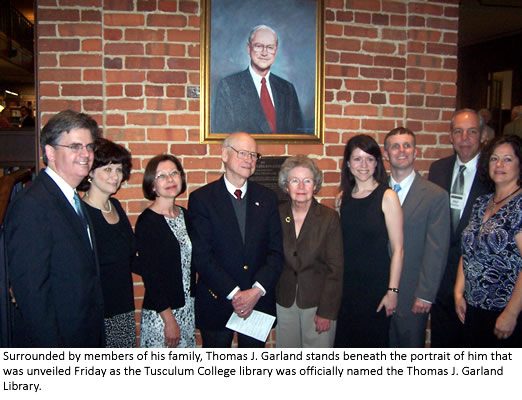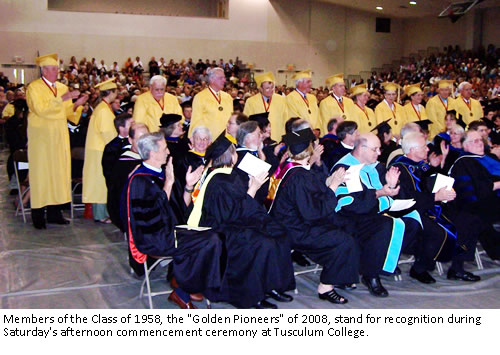Tusculum College is celebrating the return of students to campus!
About 175 students, including members of the Pioneers football team, returned to campus on Tuesday, August 5th to move into their dorm rooms. Students taking part in the Bridge Program also moved into their rooms on August 5th. The College welcomed nearly 125 students to campus on Friday, August 8.
Move-In at Tusculum is a campus-wide event which includes staff members from nearly every department. To simplify the Move-In process, Tusculum students and their parents check in at the Pioneer Arena where representatives from each department greet them. During the Summer, the College put effort into streamlining the Move-In process so that students may receive their room keys as quickly as possible and begin moving into their dorm rooms.
View more pictures from the first two Move-In days.



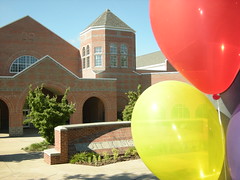
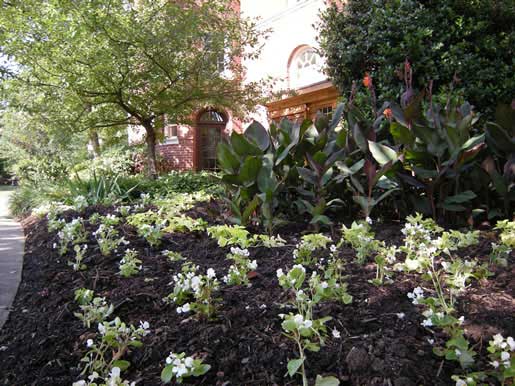
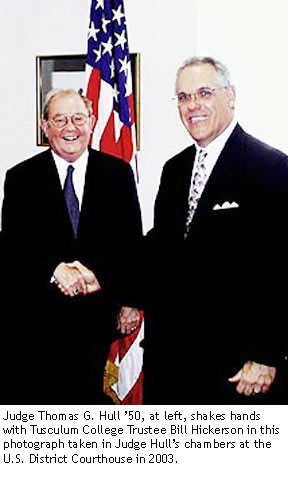 (Note: The story below is based heavily on coverage published in The Greeneville Sun regarding the July 29 death of alumnus, former Tusculum College trustee, and generous College friend Thomas Gray Hull ’50. The College thanks the Sun for use of the material.)
(Note: The story below is based heavily on coverage published in The Greeneville Sun regarding the July 29 death of alumnus, former Tusculum College trustee, and generous College friend Thomas Gray Hull ’50. The College thanks the Sun for use of the material.)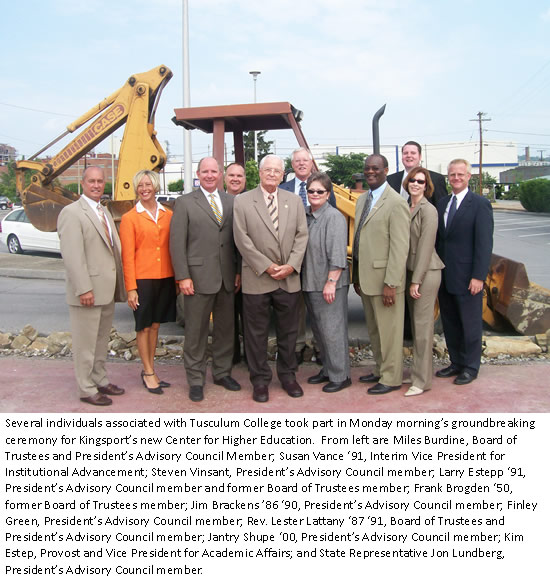
 Two research chemists, friends since college, whose academic and career paths have followed similar patterns were given Tusculum College Distinguished Service Awards (DSA) Friday night at the college’s annual President’s Dinner, held at the General Morgan Inn.
Two research chemists, friends since college, whose academic and career paths have followed similar patterns were given Tusculum College Distinguished Service Awards (DSA) Friday night at the college’s annual President’s Dinner, held at the General Morgan Inn.